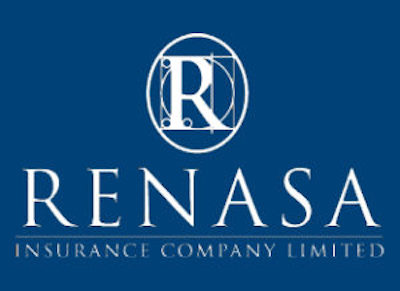
Thokozile Mahlangu, CEO, The Insurance Institute of South Africa.

The onus for our individual career development rests on us. We cannot hold anyone at ransom for how fast or slowly we get to climb the corporate ladder. Those of us with a vision, goal and a plan often get there faster than others because we utilise all the tools at our disposal to this end.
Continuous Professional Development (CPD) is a system used within the insurance industry to assist practitioners to constantly learn and sharpen their skills in order to provide efficient and high-class expert service to their clients. It is a means of staying up to date with market activity, changes in legislation and practice, changes in areas of specialisation or simply to study further in fields related to the market or individual interests.
The existence of this system should be taken advantage of. A system of this nature allows practitioners to stay abreast of changes in the industry, whether technological or policy related. It also allows for a constant flaming of their passion and purpose. A sort of rediscovery of the need for such services and how best to aid the client.
In a digital world that’s beginning to open up, CPD will play a bigger role than ever. Those who have kept their finger on the pulse of activities within the sector will reap the best results.
In June 2018, new Fit and Proper requirements were gazetted relating to certain key individuals and representatives who needed them to meet particular competency levels. These included compliance with CPD activities.
According to the Financial Advisory and Intermediary Services (FAIS) body a CPD cycle runs for 12 months from 1 June to 31 May of the following year. All activities must be completed within the cycle in order to be accepted. Any CPD requirements or activities completed before or after the applicable cycle will not be accepted. They fall either into the previous cycle or the next.
Different practitioners are required to complete different CPD activity hours which depend on the class of business under which they operate. Knowing and complying with your CPD requirements also leaves room to go beyond your designated hours per year, which means that you acquire more knowledge in your field than is prescribed. This translates favourably to your career path as it allows you to be a league above your peers, to offer more than just the mundane. After all CPD should not be treated as a tick-box exercise, but rather taken as an opportunity for career and knowledge advancement.
More and more the insurance sector is becoming client focused. Data gained from millennial and Generation Z clients (current and future) shows a more attentive and demanding customer base. To meet the needs of these clients, we will have to do more than we’ve done before. To do more we need to understand what more can be done within bounds. This knowledge is readily available through the use of accredited courses, workshops and events in the sector. At times even standing in front of crowd and giving a lecture in your field of interest or specialty opens up a dimension of your career development that could be of great use to tomorrow’s clients.
We cannot be complacent about the direction this industry should go. We must be vigilant and willing to take the necessary steps in advancing the sector as a whole through the advancement of our own personal development. Upskilling is therefore no longer a luxury or even an option, we literally cannot know enough. Whenever we get to the point of being unteachable, that’s when we should seek out skills enhancement opportunities more vigorously. It is important, in ever changing times, to stay in a position of constant learning.
As English clergyman William Pollard once said, “Learning and innovation go hand in hand. The arrogance of success is to think that what you did yesterday will be sufficient for tomorrow.”
You can never be ahead of knowledge, and you are not called to be. What is required of you is to remain curious and to never stop learning. This way, you will keep up with the shifts of an ever-evolving industry.




